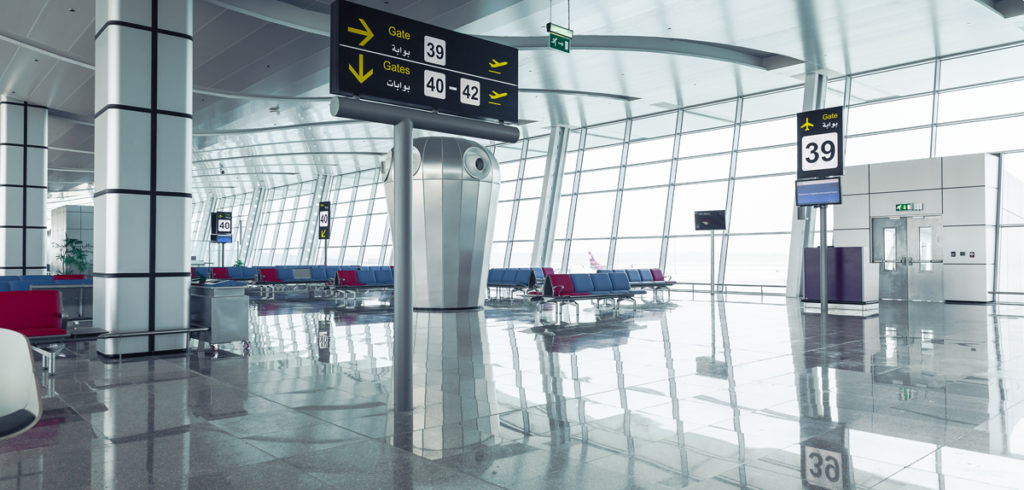Airports Council International (ACI) Asia-Pacific is urging governments across the Asia-Pacific and Middle East region to swiftly implement relief measures to safeguard airport employment and connectivity.
Revised ACI revenue forecasts show the 2020 impact of the pandemic now stands at US$23.9bn for Asia-Pacific and US$5.7bn for the Middle East, impacting airports of all sizes. A prolonged outbreak may result in a traffic volume loss in the range of 1.5 billion passengers for the Asia-Pacific region, according to the organization.
ACI estimates place the first-quarter loss in Asia-Pacific in the range of US$5.6bn, almost double earlier estimates. The impact on the Middle East will generate a loss of approximately US$1bn for the first quarter and at least double for the full year.
“The updated analysis paints an extremely challenging picture for our airport members who have already burnt through about 10% of total yearly revenues in just three months. Every passenger lost by an airline is equally a passenger lost by an airport,” said Stefano Baronci, director general of ACI Asia-Pacific. “Relief measures are needed now for the sake of the entire aviation sector’s resilience to save jobs and allow economic recovery.”
According to the ACI, a number of small airports in the region, those handling fewer than one million passengers per year, are also heavily affected by the crisis and resulting drop in traffic. The role played by airport networks in several countries in Asia-Pacific and the Middle East will be essential to enable the long-term social and economic benefits of connectivity. ACI Asia-Pacific recommends dedicated funding to keep these small airports operating and ensuring their economic sustainability.
ACI Asia-Pacific is calling on governments and regulators to act now and implement the following measures: alleviation of airport slots usage requirements until the end of June 2020; tax relief for the aviation sector; suspension or deferment of airport operators’ concession fees to governments; suspension or deferment of airport operators’ concession fees to governments; and government financial assistance, particularly for small, regional airports.

